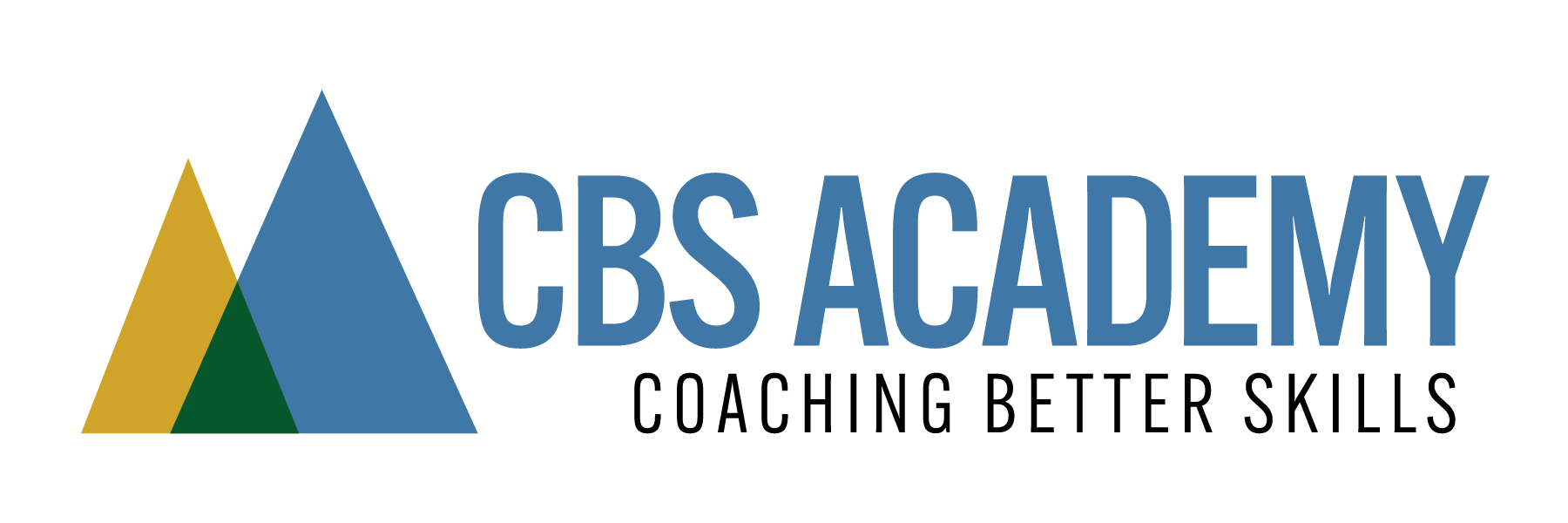First, assess where the leaders are currently spending their time. Often we find leaders have a heavy load of administrative work that limits their time in coaching. MOS is about coaching to behaviors and that needs to be the primary focus. Thus, assess the current administrative duties for leaders that could be done by others without direct reports. If leaders have an abundance of administrative tasks on their plate, they will not be able to focus on employee development. Some things can be removed or reallocated to allow more focus on the coaching and development. Be intentional about removing those tasks that can be moved. Failing to remove or reduce the administrative tasks will cause leaders to fail at time management, thus, failing at MOS. This time allocation should be one of the first exercises conducted prior to rolling out MOS. That way you are prepared for any leader pushback and leaders will know you considered what they are currently doing prior to the rollout.
Next, review your inventive program. You want incentive plans to align with MOS for all levels. This means agents should be rewarded for using the call model and managers rewarded for effectively developing and coaching their agents on the call skills. If you are rewarding behavior that does not support your call skills, for example, you will not get adherence or longevity with the call skills training. Your leadership should also be incentivized on MOS performance, which is not just the rollup of their agent performance, but includes execution of their MOS coaching and development.
Which leads to ensuring your performance reviews should include MOS adherence. This should be a part of the daily, weekly, monthly, semi-annually, and annual expectation. Remember, you get what you reward and recognize.
MOS should be engrained into your culture. That means it has to be an intentional part of every day “tasks” and the overall performance evaluation. MOS is not successful as a separate “task” or function. It has to be part of what you do and how you evaluate what you do. Begin with assessing what is currently on the leaders’ plates and make the necessary
Next, review your inventive program. You want incentive plans to align with MOS for all levels. This means agents should be rewarded for using the call model and managers rewarded for effectively developing and coaching their agents on the call skills. If you are rewarding behavior that does not support your call skills, for example, you will not get adherence or longevity with the call skills training. Your leadership should also be incentivized on MOS performance, which is not just the rollup of their agent performance, but includes execution of their MOS coaching and development.
Which leads to ensuring your performance reviews should include MOS adherence. This should be a part of the daily, weekly, monthly, semi-annually, and annual expectation. Remember, you get what you reward and recognize.
MOS should be engrained into your culture. That means it has to be an intentional part of every day “tasks” and the overall performance evaluation. MOS is not successful as a separate “task” or function. It has to be part of what you do and how you evaluate what you do. Begin with assessing what is currently on the leaders’ plates and make the necessary
